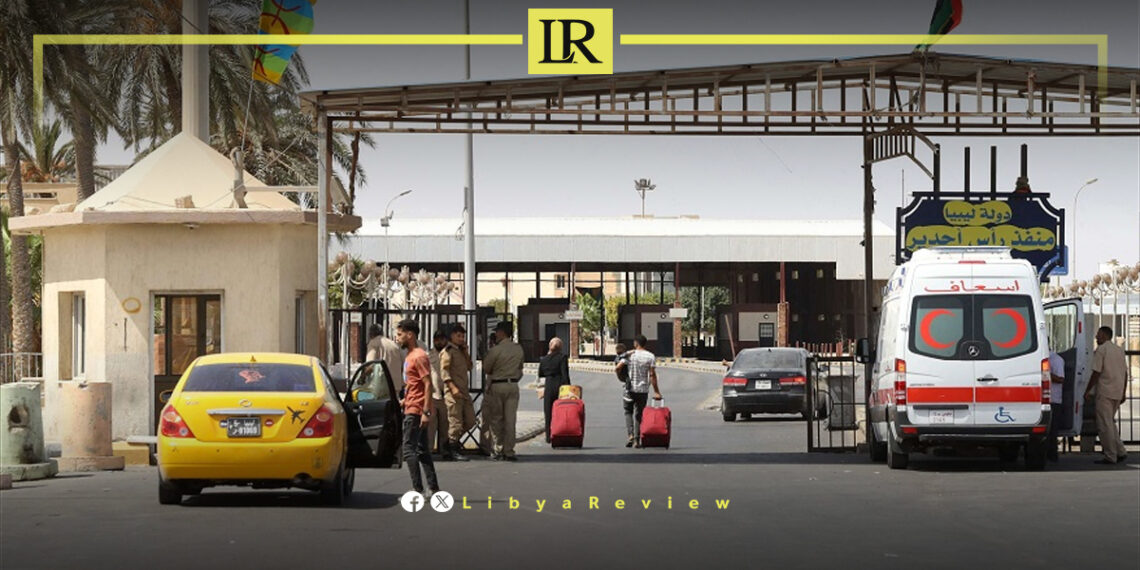Tunisia has extended the operation of its military buffer zone along the border with Libya for an additional year, citing growing security concerns linked to instability in western Libya.
The renewal, announced in Tunisia’s official gazette, will remain in effect from August 29, 2025, through August 2026.
Originally established in 2013, the buffer zone stretches across Tunisia’s southern border with Libya and parts of Algeria. Entry is strictly prohibited without prior authorization from Tunisian military authorities. The measure was introduced to counter cross-border threats, including arms trafficking, terrorist infiltration, and the movement of irregular migrants.
The extension comes at a time of renewed tension in western Libya, where security vacuums continue to exist due to militia rivalries and weak state control.
Tunisian officials remain concerned that instability in neighboring Libya could spill over into Tunisian territory, especially in light of the country’s ongoing counter-terrorism efforts and crackdown on extremist networks.
According to analysts, the move reflects Tunisia’s increasing anxiety about potential retaliatory attacks from groups affiliated with the Muslim Brotherhood, as well as the continued presence of armed factions in western Libya near the border. The area remains a hotspot for smuggling routes and irregular migration flows, putting pressure on Tunisian border forces.
The buffer zone serves not only as a military security measure but also as a strategic line of defense against the ripple effects of Libya’s unresolved conflict. While Libya’s political institutions remain divided between rival governments in Tripoli and Benghazi, neighboring states like Tunisia are reinforcing their own borders in anticipation of further instability.
Tunisian authorities have not indicated when the military zone might be lifted, suggesting it will remain a fixture of the country’s national security policy for the foreseeable future. As long as Libya remains unstable, Tunisia is likely to maintain heightened security along its southeastern frontier to prevent spillover threats and protect internal stability.


